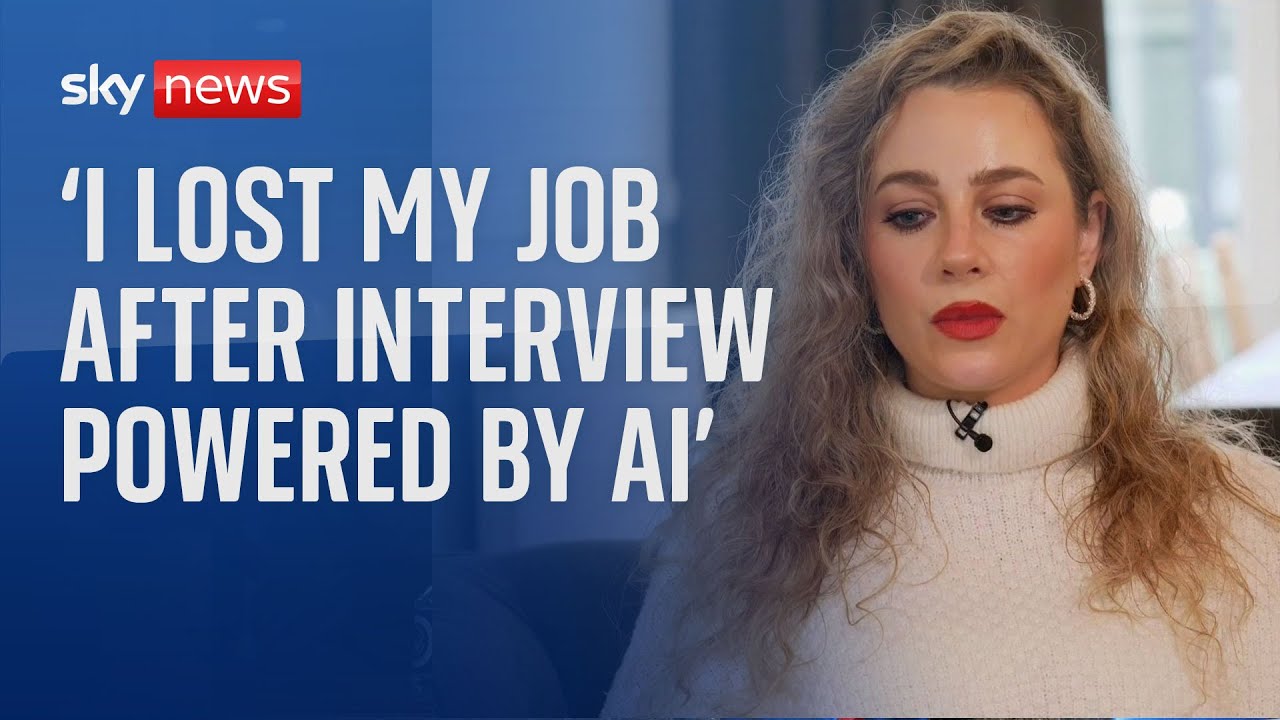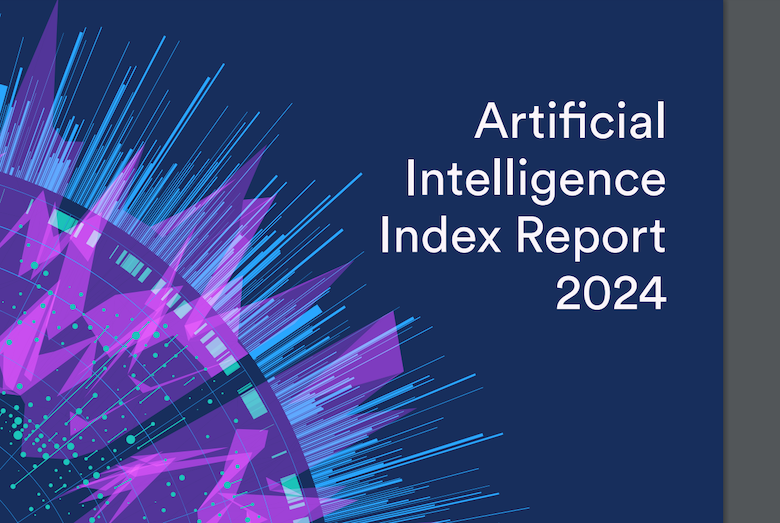
Summary
The business case for AI in HR presented by IBM outlines the transformative impact of artificial intelligence in human resources. The document highlights how AI is leveraged to enhance employee experiences, improve recruitment processes, and facilitate continuous learning and career development. It emphasizes AI’s role in addressing business challenges, attracting and developing new skills, and optimizing HR budgets. Key applications include enhancing candidate experiences, facilitating efficient recruitment, and personalizing employee learning and development. The report also discusses the ethical considerations and broader societal impacts of integrating AI into HR practices. You can read the full report here.
Why should you read this report?
This report is essential for HR professionals and business leaders looking to understand how AI can transform HR functions, enhance employee engagement, and drive strategic business advantages through innovative AI applications.
Key Points
- AI is instrumental in solving HR challenges, enhancing candidate and employee experiences, and supporting data-driven decision-making.
- Key AI applications in HR include improving candidate attraction, streamlining recruitment processes, and personalizing employee learning and development.
- The report underscores the importance of ethical considerations and managing the broader societal impacts of AI in HR, such as job displacement and privacy concerns.
- IBM’s use of AI in HR serves as a benchmark, with detailed case studies on its effectiveness in various HR functions.
Broader Context
AI’s integration into HR signifies a shift from traditional administrative roles to more strategic functions that directly contribute to organizational performance. This transformation aligns with broader trends in digital transformation across industries, where AI capabilities are increasingly seen as critical to maintaining competitive advantage and adapting to rapid market changes.
Q&A
What are the primary benefits of using AI in HR according to IBM? AI enhances efficiency, improves the accuracy of recruitment and retention, and personalizes learning and development to better meet organizational needs.
How does AI contribute to ethical considerations in HR? AI helps mitigate biases in recruitment and compensation, promoting a more diverse and inclusive workforce, provided it is implemented with careful consideration of ethical guidelines.
What challenges does AI address in the HR field? AI addresses challenges such as high volume recruitment, employee retention, skill development, and the need for real-time, data-driven decision support in HR practices.
Deep Dive
Exploring the ethical implications of AI in HR, the document details IBM’s approach to developing AI applications that are fair and transparent. It highlights how AI can potentially reinforce existing biases if not carefully managed, and discusses IBM’s strategies to ensure AI applications in HR support diversity and inclusion.
Future Scenarios and Predictions
The future of AI in HR is likely to see an increased focus on ethical AI development, with more robust frameworks to ensure AI applications enhance rather than undermine employee experiences. As AI technology evolves, its integration into HR is expected to deepen, making AI literacy and ethical AI practices core components of the HR profession.
Inspiration Sparks
Consider how AI could transform the HR function in your organization by initiating a pilot project focusing on one of the key areas such as recruitment, employee engagement, or learning and development. Use insights from IBM’s implementation as a guide to explore innovative ways to apply AI in improving HR outcomes.





